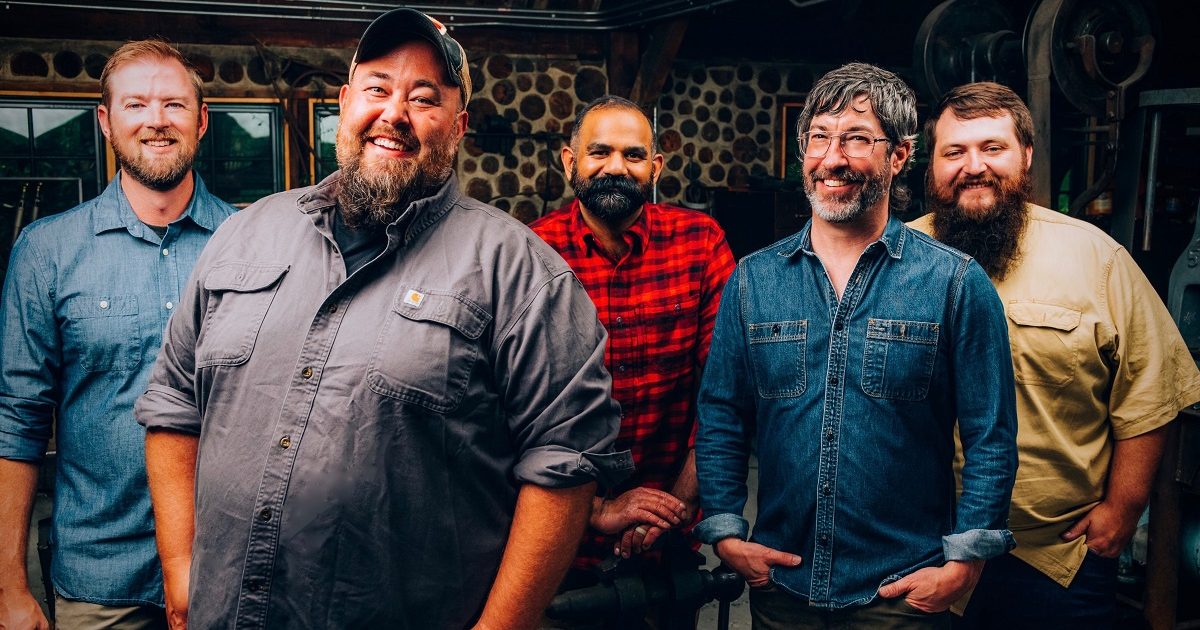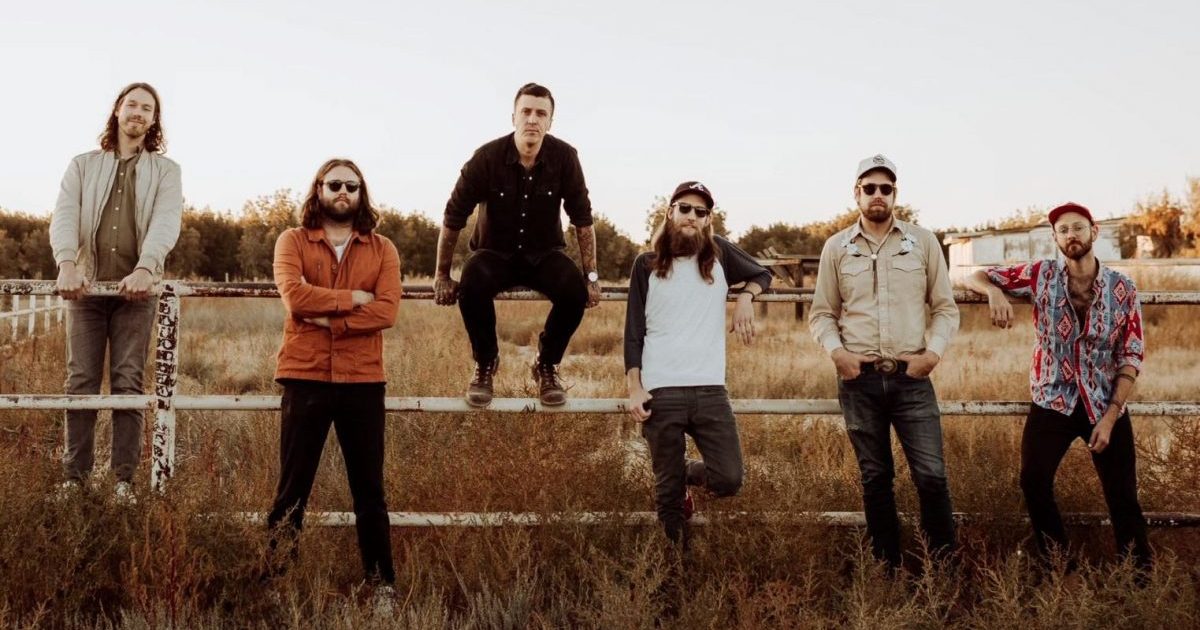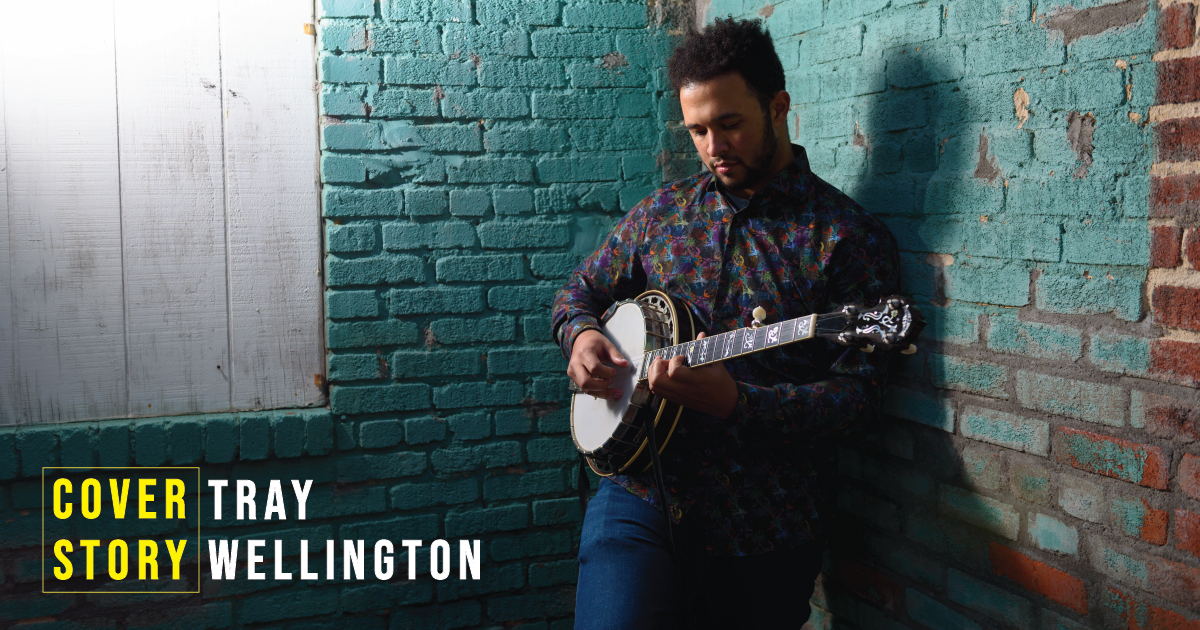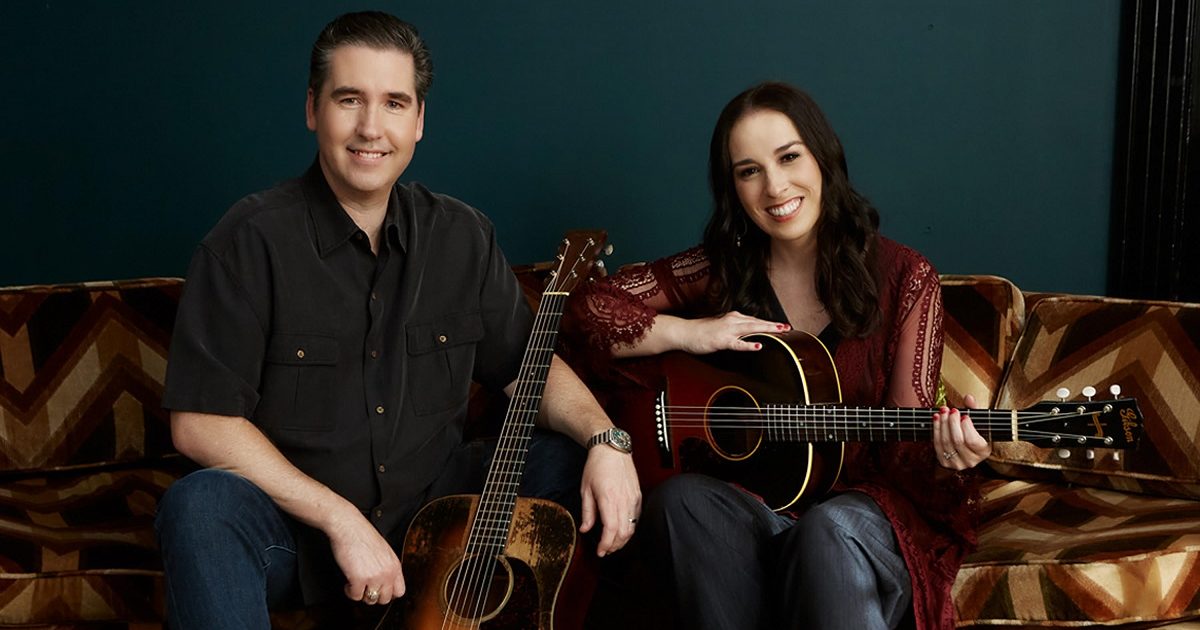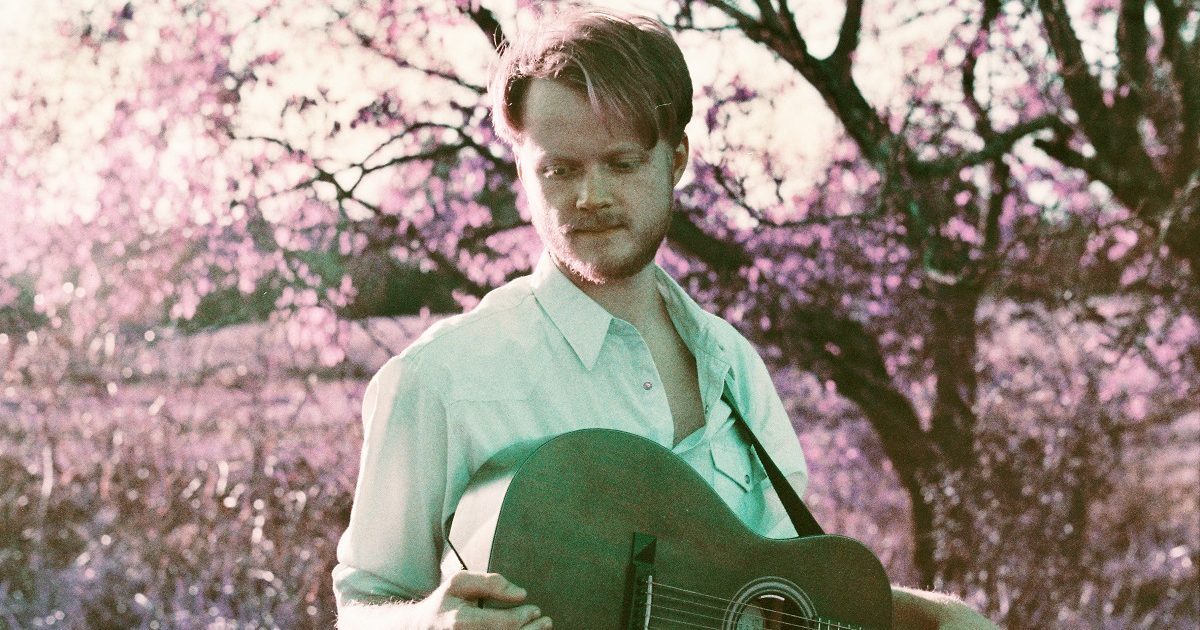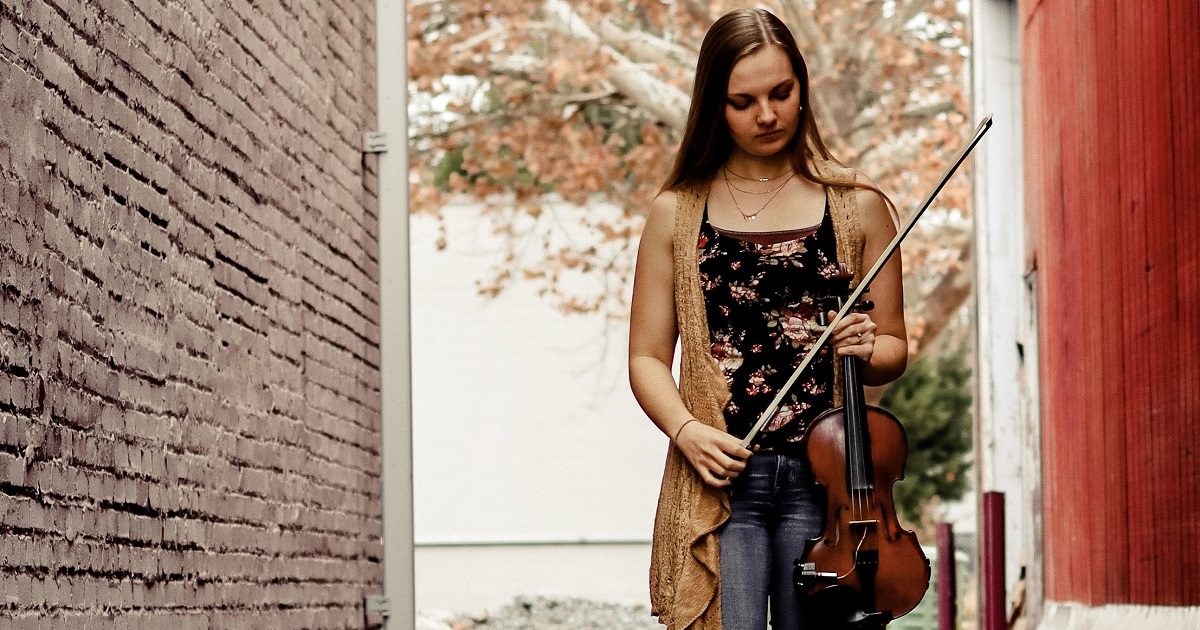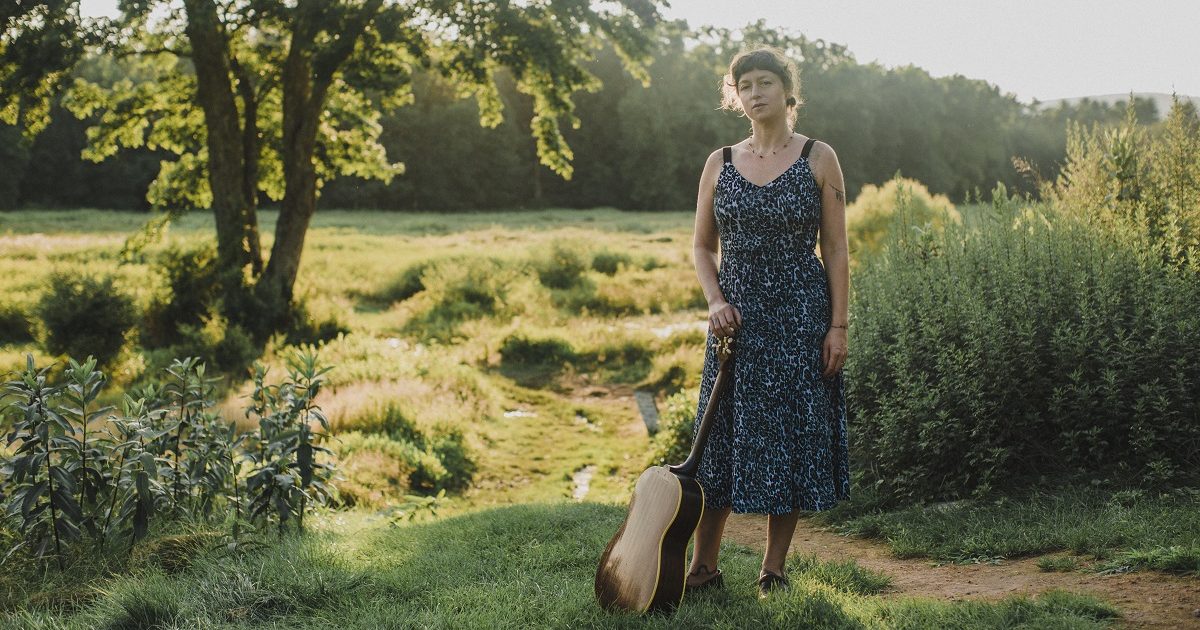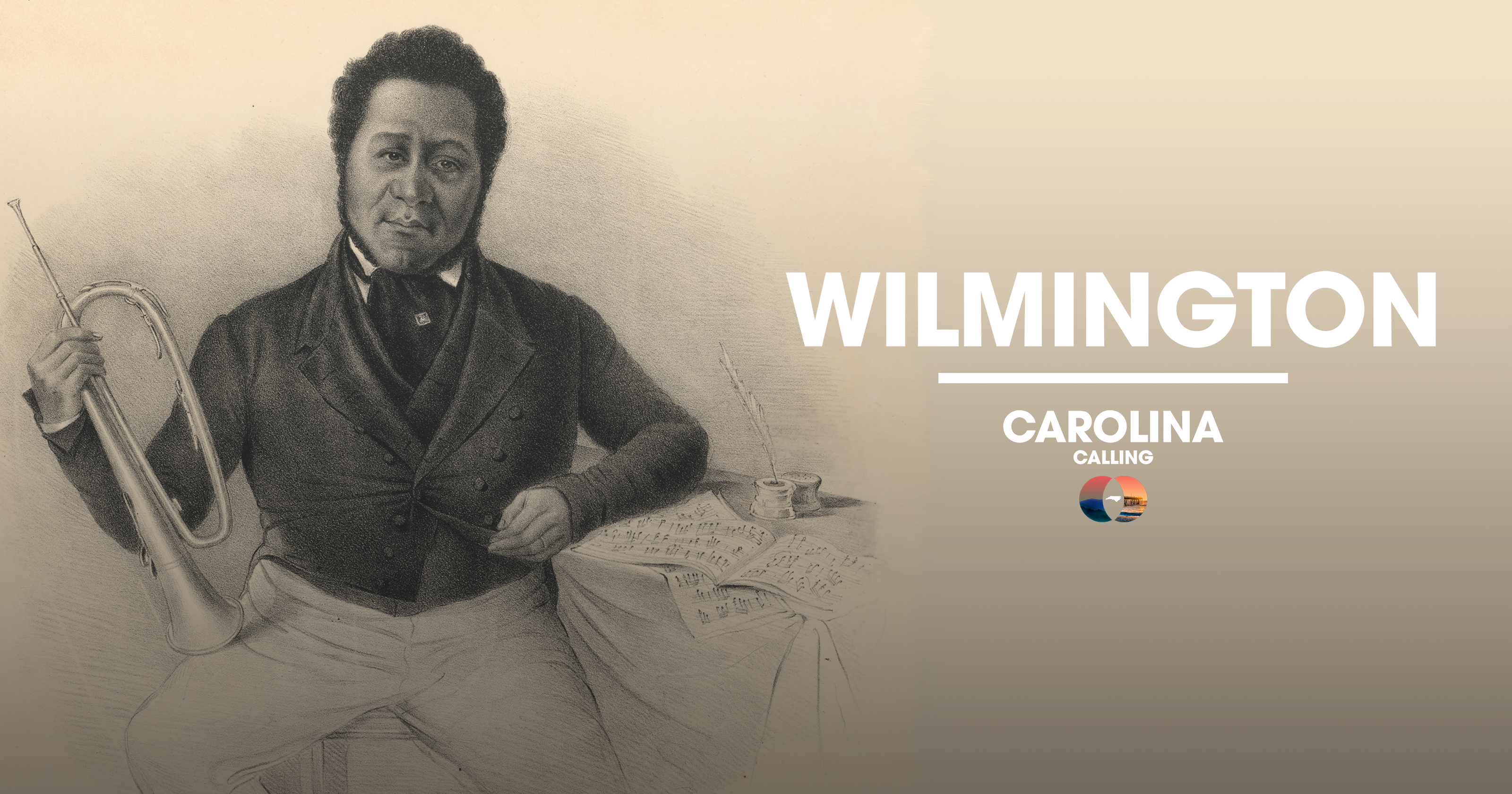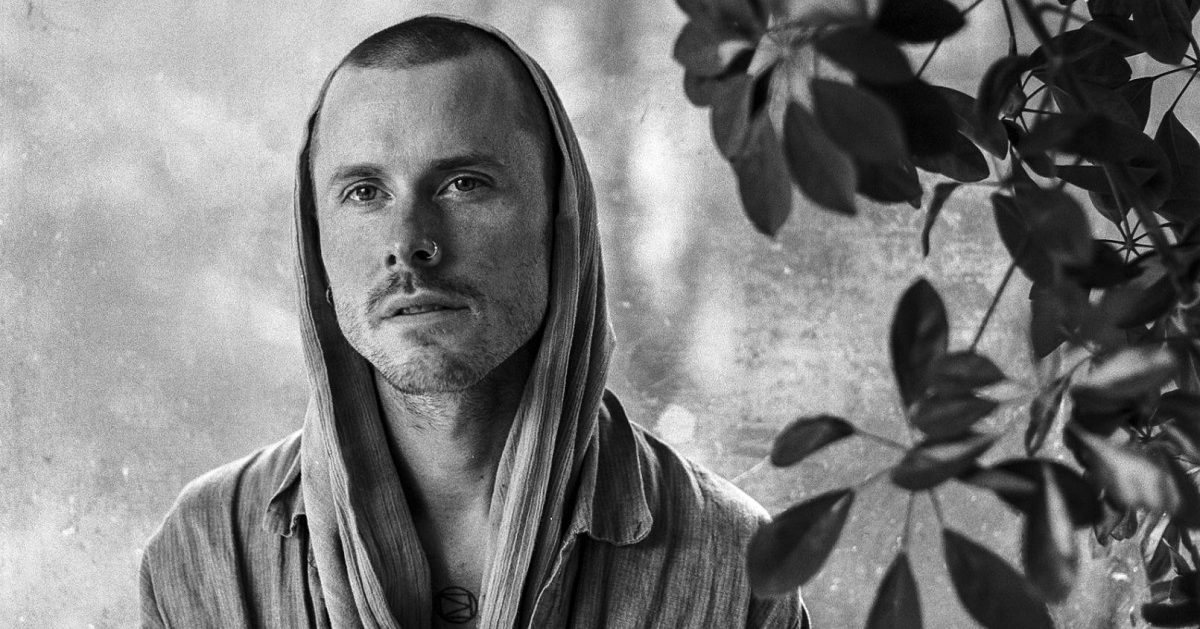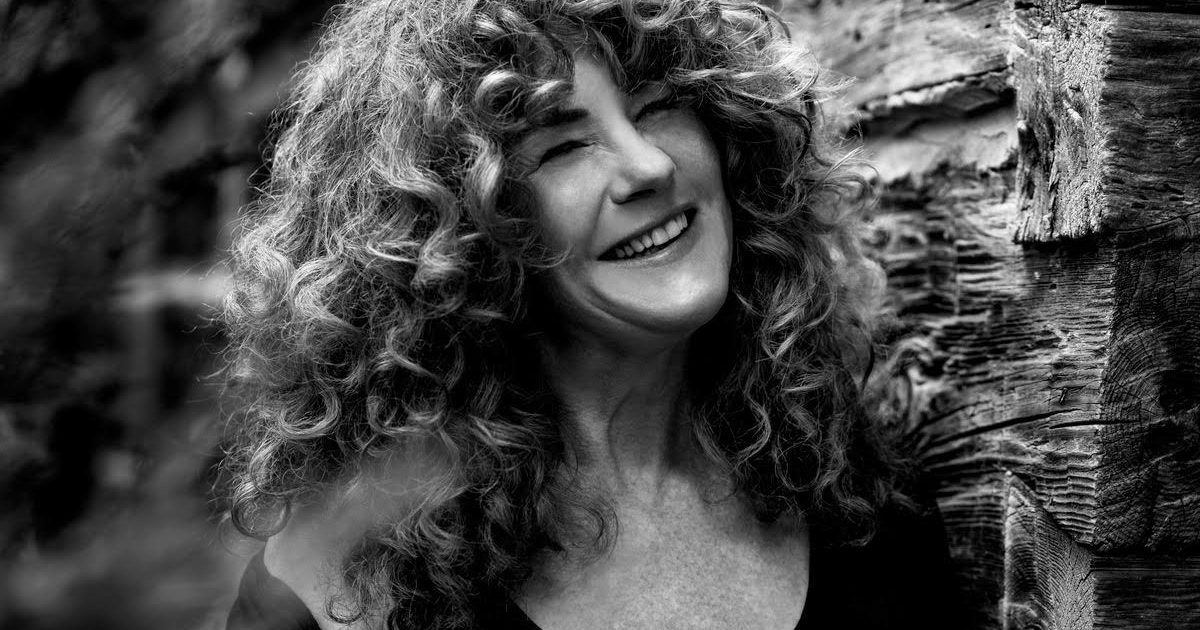Growing up in the southern Appalachian Mountains of North Carolina, Tray Wellington discovered the banjo as a teenager. Now in his early 20s with a full-length debut album titled Black Banjo, Wellington subverts the musical expectations he has felt as a Black musician by presenting banjo in a jazz-tinged, progressive style. While his influences include many pioneers of the banjo, the impact of jazz musicians such as John Coltrane is undeniable.
Bluegrass is built on these seemingly paradoxical subtleties but has not always afforded people of color the space to express them. In this way, Wellington is bold in his sincerity and Black Banjo is striking in its creativity. While the narrative drifts between different musical and artistic styles, it is all held together by the connection to Tray as an artist, musician, and person. As he explains to The Bluegrass Situation, “When I try to write things, I’m hoping that they touch on things that a lot of people can grab on to.”
BGS: What was your inspiration for the theme of this project?
Wellington: A big thing for me was breaking down some of the expectations that are put on people in the music, specifically people of color in terms of diversity in general. There are all these stereotypes and expectations put on people to play certain types of music or to play it in a certain way. I’ve often heard things like, “Oh, you should be playing old-time music in such-and-such style because that would be a really deep representation of your history.” You know what I mean?
I have never really considered how often that microaggression might occur but it makes a lot of sense hearing you explain it. I can hear exactly how the well-intentioned people we know would say that.
Yeah. I get their purpose behind it, and I don’t mind people that do approach their music that way because I think it’s great to go and look at a historical side of things and pay tribute; I really dig that. I’m totally for that. But I also think when somebody’s trying to make their own way and do what they want to do musically, putting these labels on people, especially in a group of people that have already been marginalized, limits a lot of creative freedom for people.
Your music in general is a lot more like progressive bluegrass. It makes sense that trying to be led into a different style would be frustrating
Yeah, exactly. My music is more influenced by jazz and stuff like that. When I was thinking about putting this record together, I wanted it to kind of be a statement like, “Hey, I’m doing this for myself and I want to make a new path and I want there to be a redefinition of what this means.” If that makes sense. Because I want this idea that Black people have to create a certain style of music, or talk about this, or do this, to be less restricted and broader than it is right now.
The mix of originals and covers on the album strikes a nice balance. Tim O’Brien is singing on “Wasted Time,” right? What’s the story behind that song?
I’m not sure how to explain it. The idea is getting trapped in your own head about things. It also has a lot to do with alcohol, but it’s more about that feeling of getting trapped in your own head about certain things. When certain things are going on in life, it’s easy to get into a state of disarray.
How about the spoken word bit over “Naima,” how did that come about?
I was writing a bunch of poetry over the pandemic and wanted to put something over that track that had meaning to me. John Coltrane’s music had a lot to do with breaking barriers and I had written some poems about barrier-breaking in the world that happened over the pandemic. I wanted to include one of those in that song as an extra tribute to the work he did as far as expanding barriers.
How long have you been writing poetry?
It’s been a recent thing. In the past year, I’ve been writing down little ideas in my phone. I’ll come up with lines that kind of rhyme together, and if I’m feeling a certain way, I’ll pull out my phone and write some stuff down about how I’m feeling at that moment. And it’s cool because if you’re writing a song or looking for a line for something, you can go back and find something that might fit.
Are the other originals all things that you’ve written recently or are there some you’ve held on to for a while?
There are a couple of songs I’ve had for a while. One song I wrote back in 2018 or ‘19 and I just didn’t record it on my first record because it didn’t really fit the feeling of the first record. A lot of the stuff I wrote when it was getting close to recording just because that’s usually when I hit my big creative markers. I sometimes have trouble writing until I feel pressure that I have to get something done. Especially banjo stuff. I’ll write a lot of songs all at once and then I won’t write new tunes for a while until it’s getting close to time to record. I’ll be like, “Oh, wait, I got to get this done. Let’s get writing again.” And then I’ll usually have some creative juices start flowing.
How did you end up getting interested in bluegrass in the first place? And how did you start playing the banjo?
I was originally playing electric guitar. I was listening to mostly rock and had heard other kinds of folk music but I really hadn’t specifically heard bluegrass. But after I had been playing for a while I got to know some guys playing flatpicking guitar. I went to middle school with Jacob Greer, who went on to play with the band Sideline. I also grew up around Zack Arnold, who now plays with Rhonda Vincent. I thought flatpicking guitar was really cool, technique-wise, so I started wanting to learn.
There was a club at my middle school at the time that was like a traditional music club. So I went there and I started trying to learn and that’s where I heard banjo for the first time. And I fell in love with it from the get-go. I just heard it and thought it was so cool. I went home and begged my mom to get me a banjo. We finally got one from a pawn shop somewhere, and I got going that way. The teacher in that class showed me some of my first banjo rolls. And then I started learning. It’s been a journey since then.
Where did you grow up?
I grew up in Ashe County, North Carolina, which is in between Boone and Wilkesboro. During high school I got to take what they call a mountain music class. You could go and play whatever. It was really an open-ended thing as far as music goes. Steve Lewis was the teacher for that. He’s a really good flatpicking guitarist and banjo player.
Having a really clear title like Black Banjo on a bluegrass label like Mountain Home with your great playing and writing in a more modern and progressive style will definitely (hopefully) allow some listeners to question what they think certain things should be. It’s a showcase of Black excellence in a space that doesn’t often see that. Was that your intention when you started this project?
It wasn’t necessarily my intention when I first started recording for Mountain Home, but it became more of a thing when we were preparing the second round of stuff. I got to the point of thinking this should have something in addition to the music, and the idea behind it should have some meaning to me and not just be an album. I was trying to think of things that meant a lot to me and how I could form the music around that idea to make it make sense. That’s kind of how I decided on the album because one of my goals in general in playing music is to break down some of these barriers related to what people think people of color in this music should do.
Photo Credit: Dan Boner
